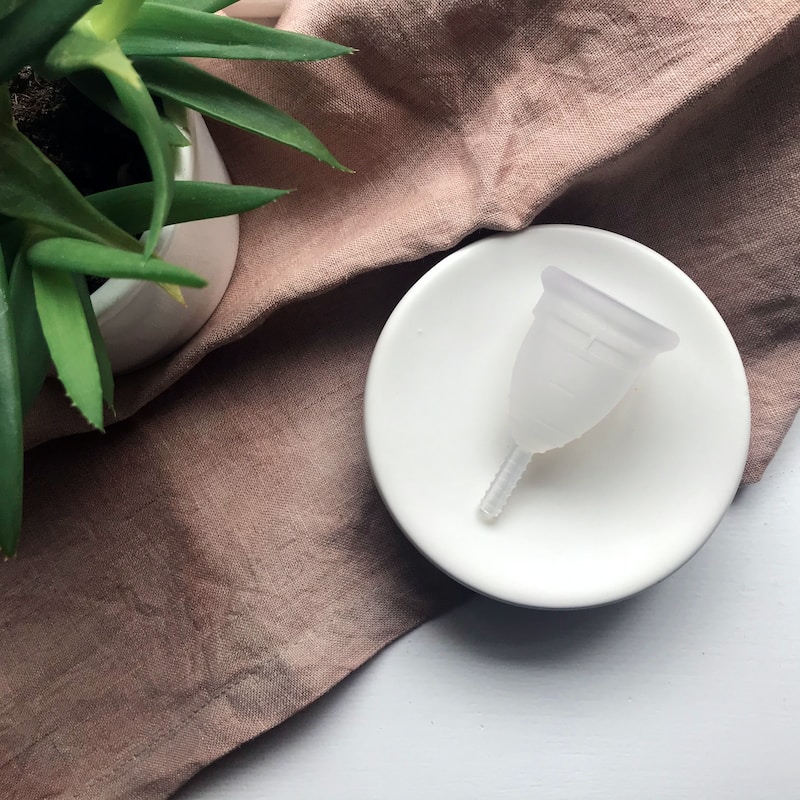The Rise of the Menstrual Cup
With the growing awareness of women’s health and environmental sustainability, menstrual cups are fast becoming the go-to choice for many. This little silicone wonder is not only offering us economic savings but is also revolutionizing our traditional views on period care.
1. Economic Considerations: The Smart Long-Term Investment
Saving Costs
Imagine the monthly expenditure on sanitary pads or tampons. With a lifespan of up to 10 years, the menstrual cup undoubtedly presents a more economical choice in the long run.
Reducing Waste
Beyond the monetary aspect, think about the time saved from purchasing and changing sanitary products. Menstrual cups can be worn for up to 12 hours, offering a true “buy once, use for a long time” experience.
2. Ecological Impact: Making a Difference for the Planet
Lessening Landfill Loads
A single woman uses thousands of sanitary pads in her lifetime. The use of menstrual cups drastically reduces the disposal of these single-use products, easing the strain on landfills.
Lowering Carbon Footprint
Compared to the production and transportation of vast quantities of sanitary pads, the production and distribution of menstrual cups have a much lesser environmental impact. Opting for a menstrual cup is choosing a greener lifestyle.
3. Other Advantages of Menstrual Cups
Comfort
Many women find menstrual cups to be more comfortable than pads, without the dryness or irritation.
Versatility
Whether you’re in the office, gym, or on the beach, the menstrual cup stands as a reliable choice. It’s not just suitable for daily use but also an ideal companion for travelers.
Menstrual Cups, the Future of Period Care
From economics to ecology, menstrual cups provide a more sustainable, healthy, and comfortable choice for period care. It’s more than just a product; it’s a lifestyle, a responsible choice for both oneself and the planet.
